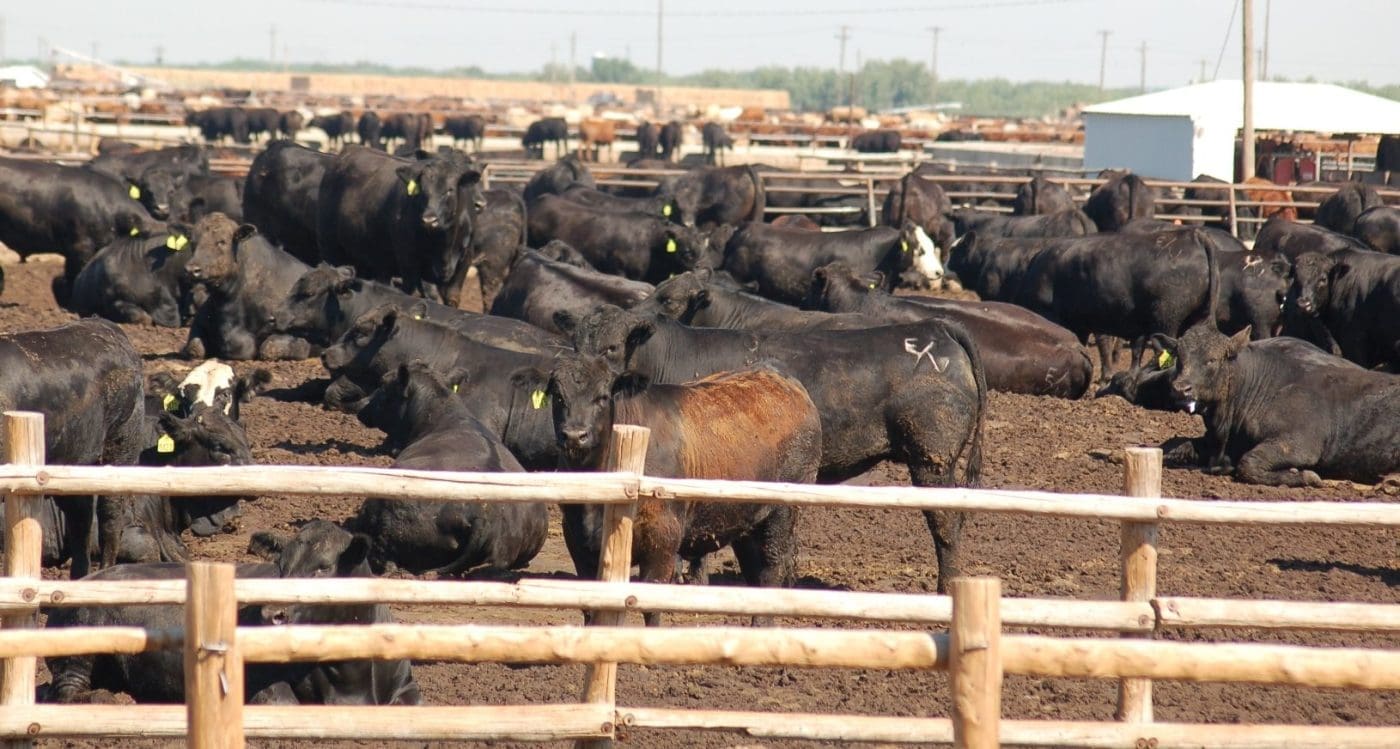THE United States has reported another atypical case of Bovine Spongiform Encephalopathy – its first since 2018, and seventh overall.
The USDA Animal and Plant Health Inspection Service confirmed the latest case on Friday from a beef cow tested at a slaughter plant in South Carolina.
 The animal, which was estimated to be at least five years old, never entered slaughter channels and at no time presented a risk to the food supply or to human health, the USDA stressed.
The animal, which was estimated to be at least five years old, never entered slaughter channels and at no time presented a risk to the food supply or to human health, the USDA stressed.
The radio frequency ID tag present on the animal connected it with a beef herd in Tennessee. APHIS and veterinary officials in South Carolina and Tennessee are gathering more information during the ongoing investigation.
The detection was made as part of APHIS’s routine surveillance of cattle deemed unsuitable for slaughter.
In its announcement, USDA said that due to the US’s negligible risk status for BSE, it did not expect any trade impacts as a result of the finding. As of Monday, the US Meat Export Federation had not reported any temporary market suspensions or other trade access issues.
Atypical BSE generally occurs in older cattle and seems to arise rarely and spontaneously in all cattle populations.
The case was the seventh in the US in the past 20 years. The first was detected in 2003 in Washington State in a six-year-old dairy cow imported from Canada and confirmed as classical BSE. The subsequent six cases were confirmed as atypical BSE forms.
The second, in 2005, was a 12-year-old beef cow in Texas. The third, in 2006, was a 10 year-old beef cow in Alabama. The fourth, in 2012, was a 10-year-old dairy cow in California. The fifth, in 2017, was an 11-year-old beef cow in Alabama. The sixth, in 2018, was a six-year old crossbred beef cow in Florida, and the seventh, reported last week.
The World Organisation for Animal Health (WOAH) recognises the US as negligible risk for BSE. Atypical BSE cases do not impact official BSE risk status recognition as this form of the disease is believed to occur spontaneously in all cattle populations at a very low rate.
“Therefore, this finding of an atypical case will not change the negligible risk status of the US, and should not lead to any trade issues,” the USDA said.
The USDA pointed to the long-standing system of interlocking safeguards against BSE that protects public and animal health in the US.
The most important of these is the removal of specified risk materials (brain and spinal chord material) – that would contain BSE should an animal have the disease. This applies to all animals presented for slaughter in the US, as it does in Australian export beef plants.
The second safeguard is a strong feed ban that protects cattle from the disease, including bans on feeding meat and bone meal. Australia was among the first countries in the world to ban the feeding of MBM to cattle, back in the early 1990s – one of the key reasons why Australia was one of only four countries to be classified from day-one as FMD-minimal risk.
Another important component of the US system – which led to last week’s detection – was the US’s ongoing BSE surveillance program that allows USDA to detect the disease if it exists at very low levels in the US cattle population.
In Australia and the US, all non-ambulant (downer) cattle are routinely tested for BSE, as is a random sample of the general population of slaughter cattle.
More information on maintaining Australia’s freedom from TSEs – click here.

Thank you very much for the information
Hmmm….funny how this didn’t even make it as the lead story on Beef Central. Geographic and Carcase Versatility at the Angus Australia Conference was deemed a bigger story.
We wouldn’t read too much into the sequence that articles appear on Beef Central, Alf. Different topics appeal to different readers. Having said that, recent history suggests the likelihood of the US BSE detection having significant international meat trade impact is extremely remote. We stand by the order we chose to publish yesterday’s items in. Editor